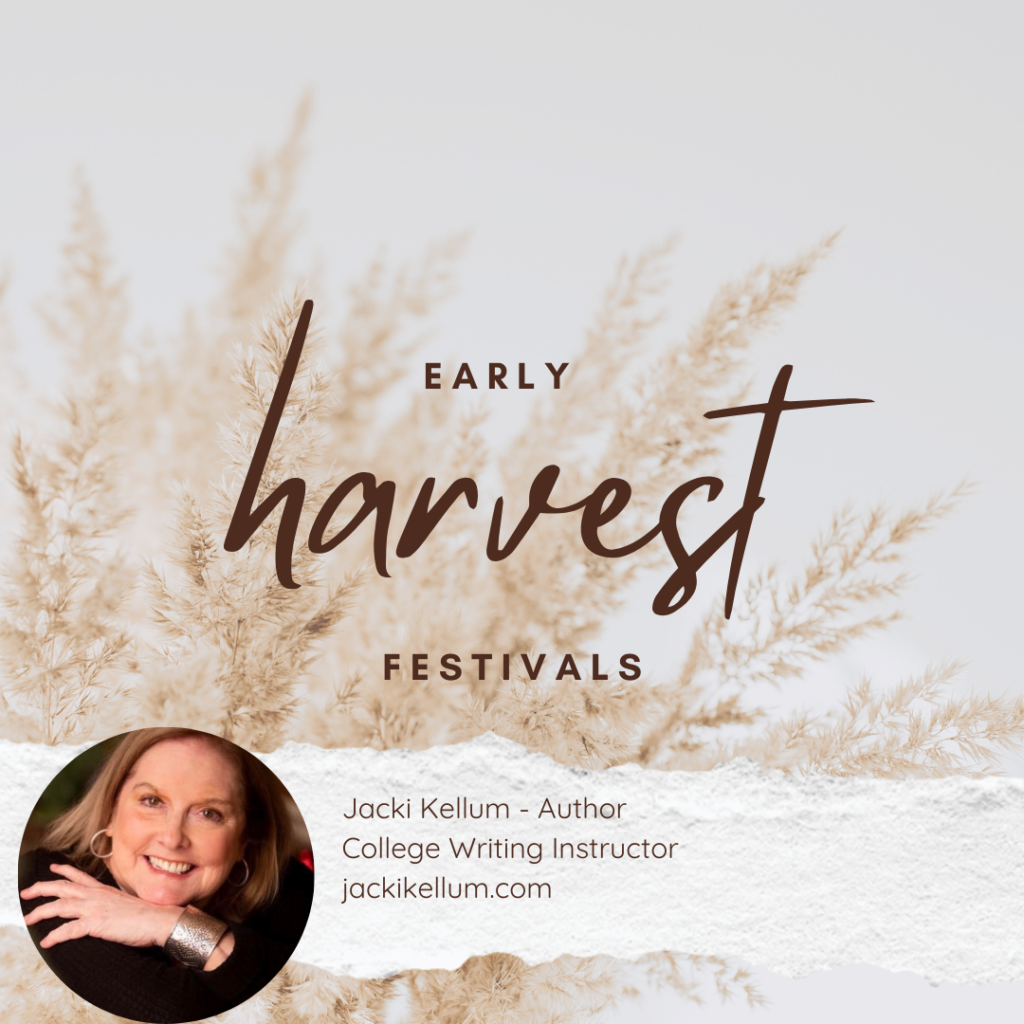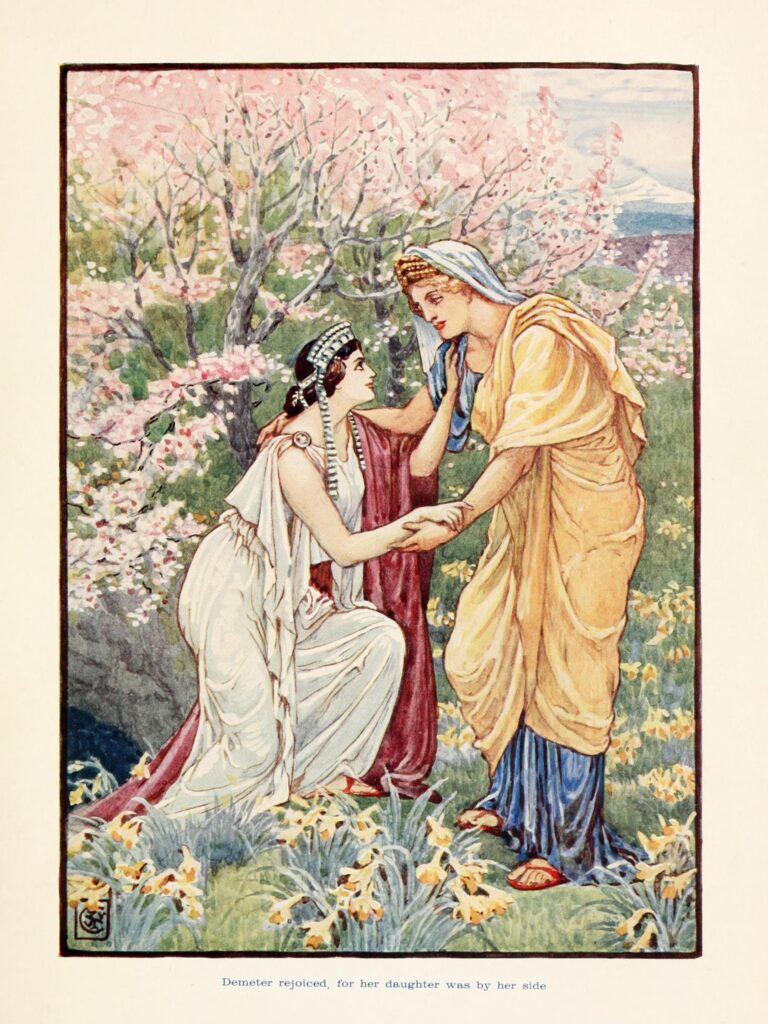
My college writing students are learning to research for their writing. I have shown them how to use Google Scholar to find research that is academically appropriate.
How to Find Academic Resources on Google Scholar: How to Research for Writers
Among other things, my class will be talking about how the Ancient Greek Festivals have influenced our modern holidays.
Like many of the ancient cultures, the Ancient Greeks were heavily dependent upon agriculture, and many of their gods and goddesses were related to agriculture. Likewise, many of the Ancient Greek festivals were related to agriculture.
On Google Scholar, I found the following article about that topic:
“The times of sowing and reaping, and the crops grown have hardly changed since antiquity. In ancient Attica (the Athenian area), the great majority of grain was sown in the fall, as in modern times, since spring sowing necessitated irrigation and was not practicable. Given the climate of Attica, with mild but wet winters and dry summers, the desirable cereal was barley, which needed much water in the early stages of growth, but which would ripen early enough to avoid the worst heat of the summer sun. The sowing of cereals today extends from the middle of October to the end of December, depending on the rains.”
The article goes on to explain that the Ancient Greeks were uneasy about their crops and felt the need for a bit of magic to coax their crops along. Since the cereal crops were planted during October, pagan festivals occurred at that time of the festivals occurred at different times of the year, to celebrate the harvest of the crops.

Macgregor, Mary. “The Story of Greece: Told to Boys and Girls.” Gutenberg.org, www.gutenberg.org/ebooks/66070. Accessed 23 Oct. 2022.
The festival associated with Demeter, the goddess of agriculture, was early in October.
The god Hades [called Pluto by the Romans] snatched Demeter’s daughter and carried her to his underworld kingdom. Demeter searched everywhere for her daughter, and no one would dare tell the bereaved mother who had taken her daughter. Demeter punished the people by bringing famine to their land. Finally, an old witch Hecate did help Demeter, and hence, this harvest festival is also associated with witchcraft.
Mary MacGregor’s book The Story of Greece is another excellent resource for Greek Mythology and for other information about Ancient Greece. You can read it free at Gutenberg.org.
There is an invaluable index at the end of The Story of Greece. To find the references to Demeter and Hecate, look at the index. The information in the index is linked to the text.
A. In this story, we see an allusion to the fact that humans felt the need to please gods–especially the gods and goddesses of agriculture and of the harvest. This led to various types of festivals around planting and harvesting time and to the custom of sacrificing to please the deities. These sacrifices often included human sacrifices. Within this might lie another topic for research.
https://core.ac.uk/download/pdf/232378498.pdf\Links to an external site.
Bremmer, Jan N. “Human sacrifice: a brief introduction.” The strange world of human sacrifice (2007): 1-8.
B. This story also alludes to the changing of seasons, and how winter and summer are different. This could become a research topic into the Seasons in Literature in relation to the Seasons in Life.
d’Aulaire, Ingri, and Edgar Parin d’Aulaire. D’Aulaires book of Greek myths. Doubleday Books for Young Readers, 2017.
“Zeus, pitying the disappointment of Demeter at finding [56]her hopes thus blighted, succeeded in effecting a compromise by inducing his brother Aïdes to allow Persephone to spend six months of the year with the gods above, whilst during the other six she was to be the joyless companion of her grim lord below. Accompanied by her daughter, the beautiful Persephone, Demeter now resumed her long-abandoned dwelling in Olympus; the sympathetic earth responded gaily to her bright smiles, the corn at once sprang forth from the ground in fullest plenty, the trees, which late were sered and bare, now donned their brightest emerald robes, and the flowers, so long imprisoned in the hard, dry soil, filled the whole air with their fragrant perfume. Thus ends this charming story, which was a favourite theme with all the classic authors.
“It is very possible that the poets who first created this graceful myth merely intended it as an allegory to illustrate the change of seasons….” Berens 55-56.
D. Demeter, who you have met in this story, is linked to the celebrations of the Summer Solstice, as well as to the harvest festivals
I have found a good article that would serve as a source for a research paper. I will show you exactly how I populate a Citation for this source, using Scribbr’s Citation Tool.
https://www.scribbr.com/citation/generator/mla/\Links to an external site.
6. Click Add Manually
Start All Over Again
The ritual of Summer Solstice is still surfacing in literature and film.
https://www.youtube.com/watch?v=1Vnghdsjmd0&t=56s\Links to an external site.
The Horror Movie Midsommar is about a Summer Solstice tradition. You can watch that with your student Kanopy account.
https://www.kanopy.com/en/product/6251185\Links to an external site.
Another similarly creepy movie is The Wicker Man.
https://www.youtube.com/watch?v=a-tDnavDCwI\Links to an external site.
I believe that movie is on Netflix.
D. This story also opens the door to research witchcraft.
If I wanted to find more research about Hecate and witchcraft, I would go to Google and type
“google scholar” in the search window. From the Google Scholar Search Window, I typed “hecate greek goddess”
Notice the word “Cite” by each selection. Click on tha word to get a citation for the article you choose.
https://oxfordre.com/view/10.1093/acrefore/9780199381135.001.0001/acrefore-9780199381135-e-2957
Henrichs, Albert. “Hecate.” Oxford Research Encyclopedia of Classics. 2015.
If I want to narrow my search results, I would type more specific search terms like
“hecate witchcraft”
Busnel, François. “Hades – a Reluctant King | the Great Greek Myths, Episode 04.” Youtube, 2015, www.youtube.com/watch?v=tAIQntHi_LI&t=888s.
In-Text Citation: (Busnel)
Read Berens pages 131 – 134 and pages 51 – 58. and pages 62 -63 and pages 68 – 85 – 87.
https://www.gutenberg.org/ebooks/22381
In addition, this story provides some basis for turning the seasons into literary themes.
Something Wicked This Way Comes Chapter 2 and Autumn: Seasons of Life
Discover more from Jacki Kellum
Subscribe to get the latest posts sent to your email.